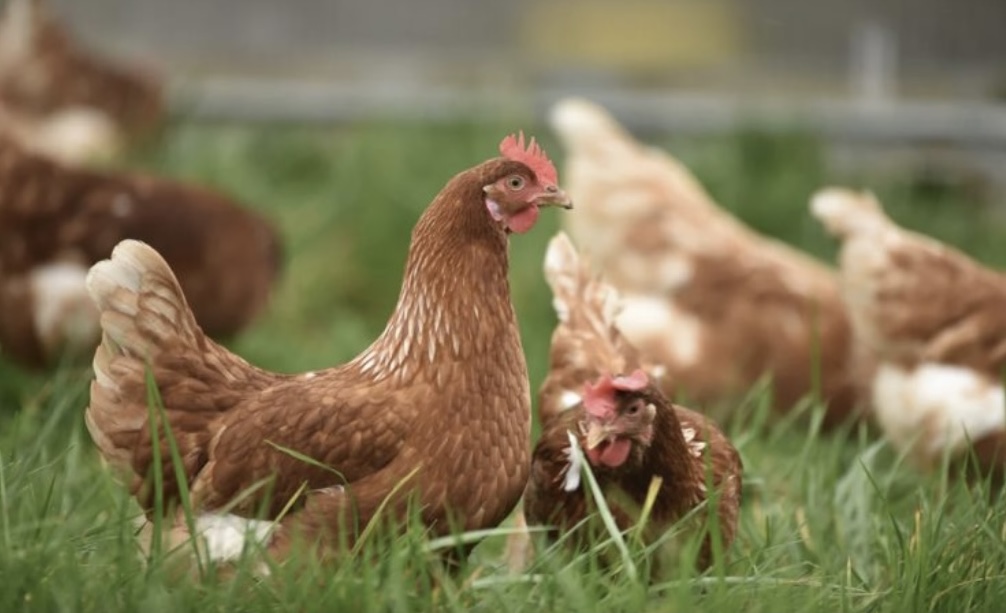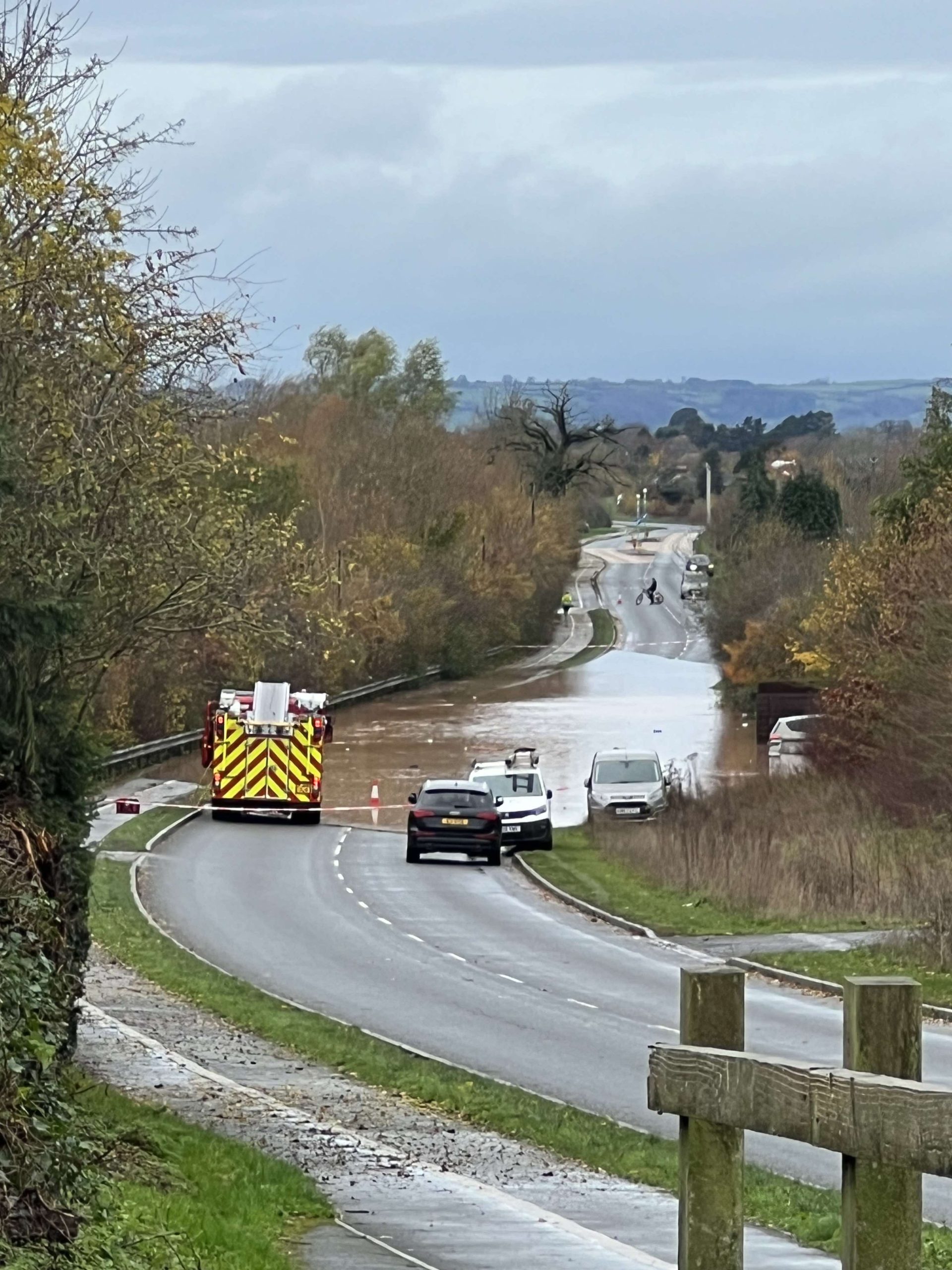A number of birds are set to be humanely culled following a Bird Flu outbreak near the Herefordshire border.
Highly pathogenic avian influenza (HPAI) H5N1 was confirmed on 14 October in a mixed flock of other captive birds at a premises near Leigh Sinton, Malvern Hills, Worcestershire. A 3km Captive Bird (Monitoring) Controlled Zone has been put in place around the premises. All birds will be humanely culled.
Details of the measures, which include housing of all poultry and captive birds and a ban on release of game birds, that apply in this zone can be found in the declaration (PDF).
An Avian Influenza Prevention Zone (AIPZ) has been declared across the United Kingdom following an increase in the number of detections of avian influenza in wild birds and on commercial premises.
This means that all bird keepers must implement strict biosecurity measures to help protect their flocks from the threat of avian influenza, regardless of whatever type or size. Introducing these steps on farm is the most effective way in reducing the risk of disease spreading.
In addition to this, a regional housing measure remains in place across Norfolk, Suffolk and parts of Essex, where keepers must house their flocks until further notice. Maps of the regional housing measure and national AIPZ are in our declarations.
The UK has faced its largest ever outbreak of bird flu with over 190 cases confirmed across the country since late October 2021. Check the list of confirmed avian influenza cases.
These measures will remain in place until further notice, and will be kept under regular review as part of the government’s work to monitor and manage the risks of avian influenza.
The wild bird risk across Great Britain has increased from medium to high and the risk to poultry with stringent biosecurity has moved up to medium.
The risk to poultry with poor biosecurity has been increased to high, in light of the increased number of infected premises observed during September and October and the distance of some of these, as well as wild bird cases, from the coast. All bird keepers must now follow enhanced measures at all times to prevent the risk of future outbreaks.
Dr Christine Middlemiss, the UK’s Chief Veterinary Officer, said:
“We are seeing a growing number of bird flu cases on commercial farms and in backyard birds across the country driven by high levels of disease within wild birds.
“Unfortunately we expect the number of cases to continue to rise over the coming months as migratory birds return to the UK, bringing with them further risk of disease that can spread into our kept flocks.
“We’re taking action already by implementing a national Avian Influenza Prevention Zones and housing measures in the worst-affected areas, but it is important that all bird keepers – wherever they are in the country – ensure that cleanliness and hygiene are at the forefront of their minds to keep their flocks safe and limit the impact of the outbreak.”
Public health advice remains that the risk to human health from the virus is very low and food standards bodies advise that avian influenzas pose a very low food safety risk for UK consumers. Do not touch or pick up any dead or sick birds that you find and instead report them to the Defra helpline on 03459 33 55 77. There is no impact on the consumption of properly cooked poultry products, including eggs.
All poultry gatherings, including at fairs, shows and markets, remain banned, due to a large number of flocks mixing together and the risk posed by any infections spreading across the country.
Avian influenza is in no way connected to the COVID-19 pandemic, which is caused by the SARS-CoV-2 virus and is not carried in poultry or captive birds.
Advice to poultry keepers
All bird keepers must keep a close watch on them for signs of disease and maintain good biosecurity at all times. If you have any concerns about the health of your birds, seek prompt advice from your vet.
All bird keepers (whether they are pet birds, a commercial farm or just a few birds in a backyard flock) must remain vigilant and help prevent avian influenza by:
- cleanse and disinfect clothing, footwear, equipment and vehicles before and after contact with poultry and captive birds – if practical, use disposable protective clothing
- reduce the movement of people, vehicles or equipment to and from areas where poultry and captive birds are kept, to minimise contamination from manure, slurry and other products, and use effective vermin control
- keep records of mortality, movement of poultry and poultry products and any changes in production
- thoroughly clean and disinfect housing on a continuous basis
- keep fresh disinfectant at the right concentration at all farm and poultry housing entry and exit points
- minimise direct and indirect contact between poultry and captive birds and wild birds, including making sure all feed and water is not accessible to wild birds
- prevent access by poultry to ponds and watercourses and ensure that birds are kept in fenced or enclosed areas
It is a legal requirement for bird keepers in the national AIPZ to take these biosecurity measures.
See our biosecurity advice for more information.


